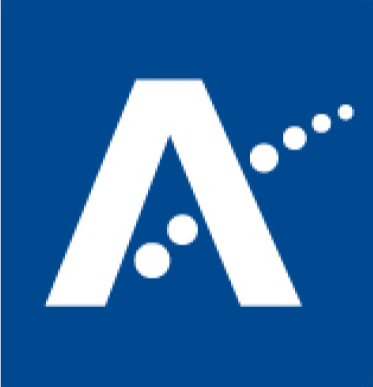Inclusive Communication Toolkit
Aberdeenshire Council is committed to ensuring that all children and young people can access education in an inclusive way. Communication is a fundamental human right and inclusive communication is an approach which enables children and young people to be included, and supported, to reach their fullest potential. For some, the use of inclusive communication is fundamental to their ability to participate and actively contribute to their learning. It is our responsibility to create a supportive and effective communication environment for learners using every means of communication available to understand and be understood.
This specifically relates to children and young people with speech, language and communication needs, although it is likely to benefit many other pupils with different profiles of need. Information relating to children and young people with English as an additional language and those with hearing, or vision, support needs have been referenced. However, further information can be accessed directly from the English as an Additional Language Service and the Sensory Support Service.
Inclusive Communication Professional Learning Framework
Education staff should have access to appropriate professional learning to help them understand and support inclusive communication. The Aberdeenshire Professional Learning Framework for Education Staff has been developed to ensure that there is an Aberdeenshire-wide core level of knowledge and understanding across the education workforce, as well as recognised pathways for developing more advanced knowledge and skills.
The framework sets out four levels of skill (informed, skilled, enhanced and expertise levels). These levels are based on the professional’s level of responsibility and frequency of contact with children and young people presenting with communication support needs. The aim is to build individual practitioner’s confidence levels and knowledge base surrounding inclusive communication, as well as to help facilitate the development of a consistent, whole school approach.
Inclusive Communication Self-Evaluation Tool for Schools
Senior leaders are also encouraged to use Aberdeenshire’s Inclusive Communication Self-Evaluation Tool to help inform school improvement planning. This tool is designed to support schools to self-evaluate and reflect on how well learners with speech, language and communication needs are understood and supported. It draws on How Good is Our School (HGIOS) 4 challenge statements to support self-evaluation and the Aberdeenshire Professional Learning Framework for Education Staff.
Self-evaluation is a term used to cover a way in which to explore progress, development and practice, to identify what has improved and what still needs to improve. It is a way of using evidence to assess achievements, success and areas that require action. It is never an end in itself, but a means to inform action which will lead to increasingly positive impacts on the people and communities you work with. (Education Scotland).
Support Services
Aberdeenshire Council is committed to Getting it Right For Every Child and through collaboration with partner agencies ensure the most relevant and up to date resources and strategies are used:
- Speech and Language Therapy
- Aberdeenshire Specialist Technology Service (ASPECTS)
- English as an Additional Language (EAL)
- Educational Psychology Service
- Sensory Support Services
Please see further information about Support Services for Education staff.
 Education and Children's Services
Education and Children's Services